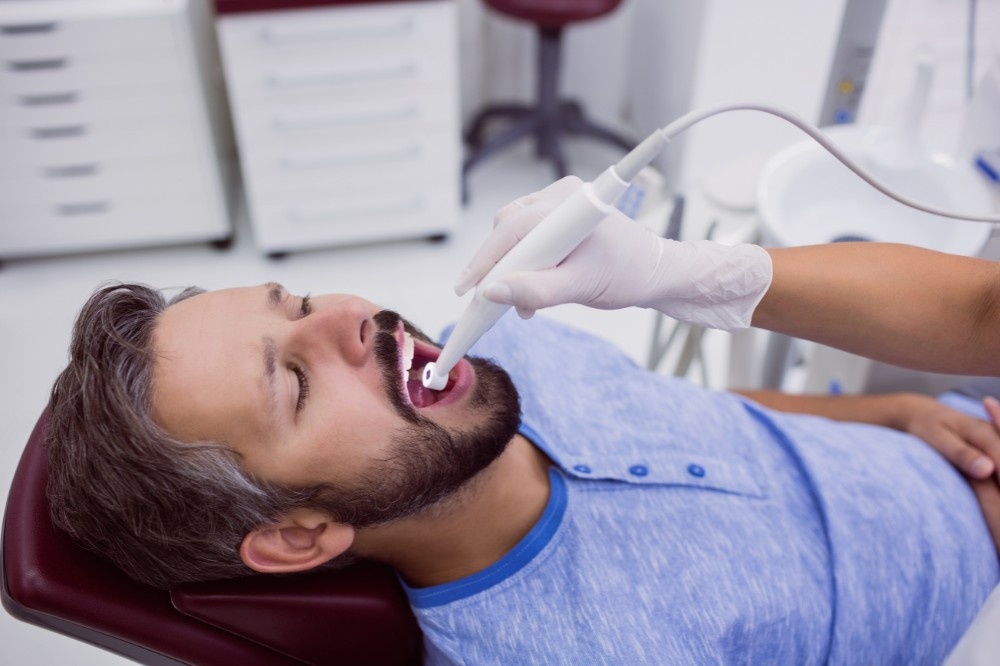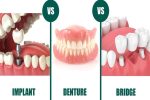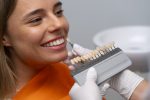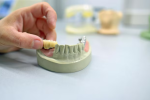Do you feel stressed or fearful before every dental visit? You’re not the only one; millions of people suffer from dental anxiety that prevents them from getting the care they need. You can have calm, comfortable and stress-free visits thanks to sedation dentistry near you. But how does it really help with dental phobia? Let’s discover how sedation dentistry works and what makes it the best solution for anxious and nervous patients.
What is Sedation Dentistry?
Sedation dentistry uses safe medication to help you stay calm during dental treatments. It’s great for patients who fear pain, needles, or dental tools. Depending on your needs, your dentist in SW Calgary will choose the right level of sedation for a relaxed, comfortable experience.
How Does Sedation Dentistry Work for Dental Anxiety?
If you were sedated, it would help both your physical and mental parts to be tranquil. Most of the time, patients who even have a severe fear of the dentist describe that experience as comfortable and without pain.
There are different types of dental sedation for anxiety:
- Nitrous Oxide (Laughing Gas): The patient is content and coherent. The gas effect is very short after the operation.
- Oral Sedation: A pill that makes a person feel sleepy and calm.
- IV Sedation: The anxiety is controlled by this method. The patient is asleep during long operations.
These choices are intended to make your experience safe and without anxiety so you can get your treatment done without fear.
Signs You Might Benefit From Sedation Dentistry
Not sure if sedation is right for you? You may be a good candidate if you:
- Avoid dental visits due to fear or past trauma
- Have a sensitive gag reflex
- Need multiple treatments in one visit
- Feel anxious at the sound of dental tools
- Struggle to sit still for long periods
Sedation dentistry ensures you stay relaxed and comfortable throughout your treatment — no stress, no panic.
Benefits of Sedation Dentistry for Dental Phobias
For those who struggle with fear, sedation offers life-changing comfort. The key dental phobia treatment benefits include:
- Anxiety relief: You’ll feel calm and relaxed from start to finish.
- Pain control: Sedation blocks discomfort during procedures.
- Faster treatments: Dentists can do more work in less time or fewer visits.
- No recollection of the operation: Quite a few patients do not recognize the treatment when it is done; thus, their fear diminishes for subsequent visits.
Once sedation is used, a complicated dental procedure can simply be an easy and pleasant experience.
How Safe is Sedation Dentistry?
If sedation is induced by well-trained professionals, it is quite safe. The dentists keep a very close check on your breathing, heart rate, and blood pressure during the whole procedure. Your dentist will definitely go through your medical history and give you a brief about it before the appointment, thus making sure that you are calm and know what is going to happen.
Tips to Prepare for a Sedation Appointment
To make your sedation visit smooth, follow these tips:
- Eat lightly or fast if advised by your dentist
- Bring someone to drive you home after deeper sedation
- Wear comfortable clothes
- Discuss your anxiety openly so your dentist can tailor your care
Find Us On Google Map
Take the First Step Toward Fear-Free Dental Visits!
Afraid of visiting the dentist? When dental is administered, the sedating agent eases away anxiety or pain. Schedule a visit to Heritage Park Dental that’ll be comfortable for you and discover how easy and stress-free dentistry can be!
FAQs
Is sedation dentistry safe for everyone?
Yes, under professional supervision, most people are safe to receive sedation, but first, your dentist will review your health.
Will I be asleep during treatment?
Some sedations might not keep you asleep and instead just make you relax, but there are deeper sedations too.
Can sedation help with severe dental phobia?
Absolutely. It helps the patients get away from avoiding their dental care due to fear.
How long does it take for sedation to wear off?
The effects of nitrous oxide wear off very quickly. Whereas the effects of oral or IV sedation may take a few hours to wear off completely.









